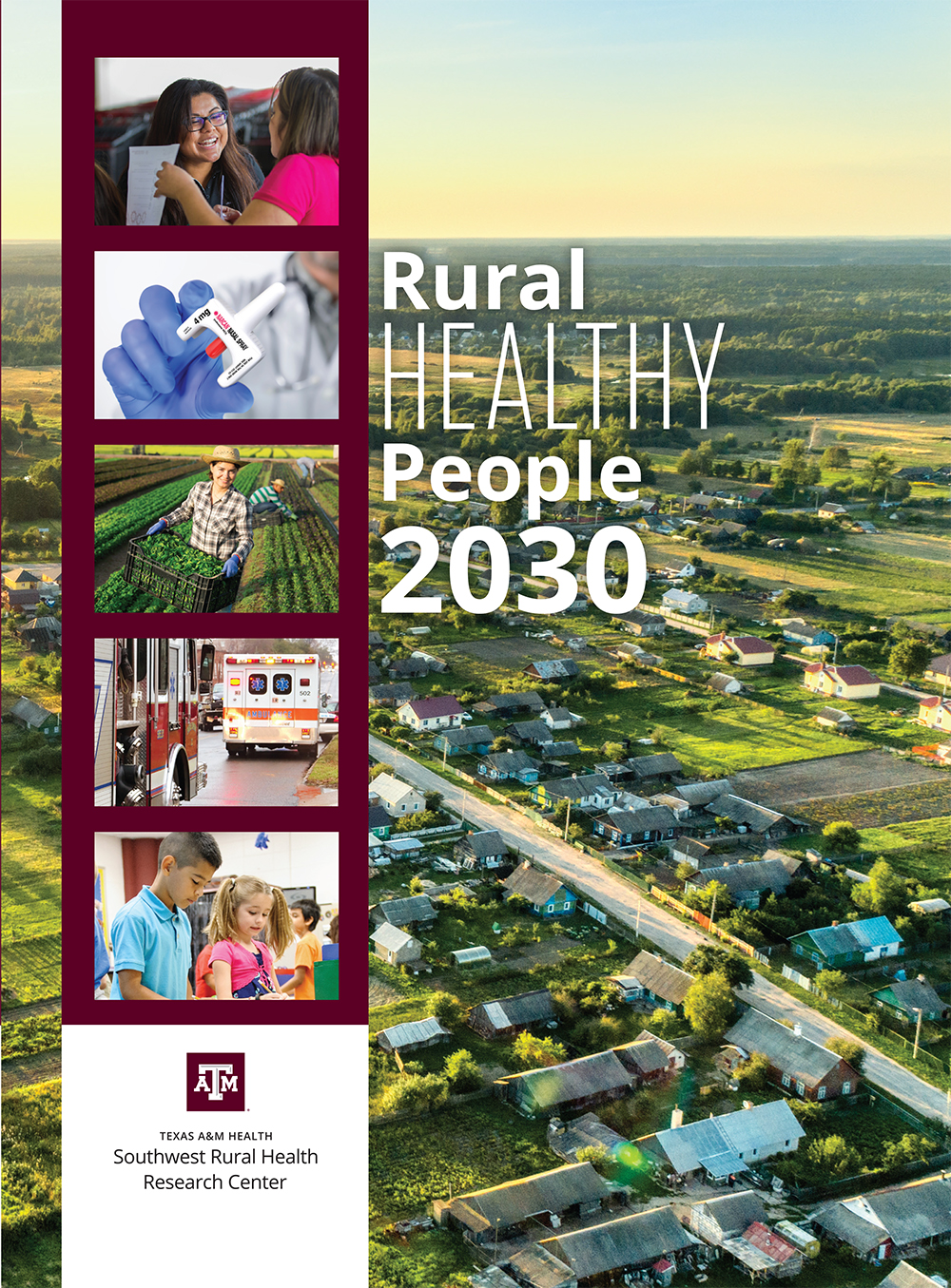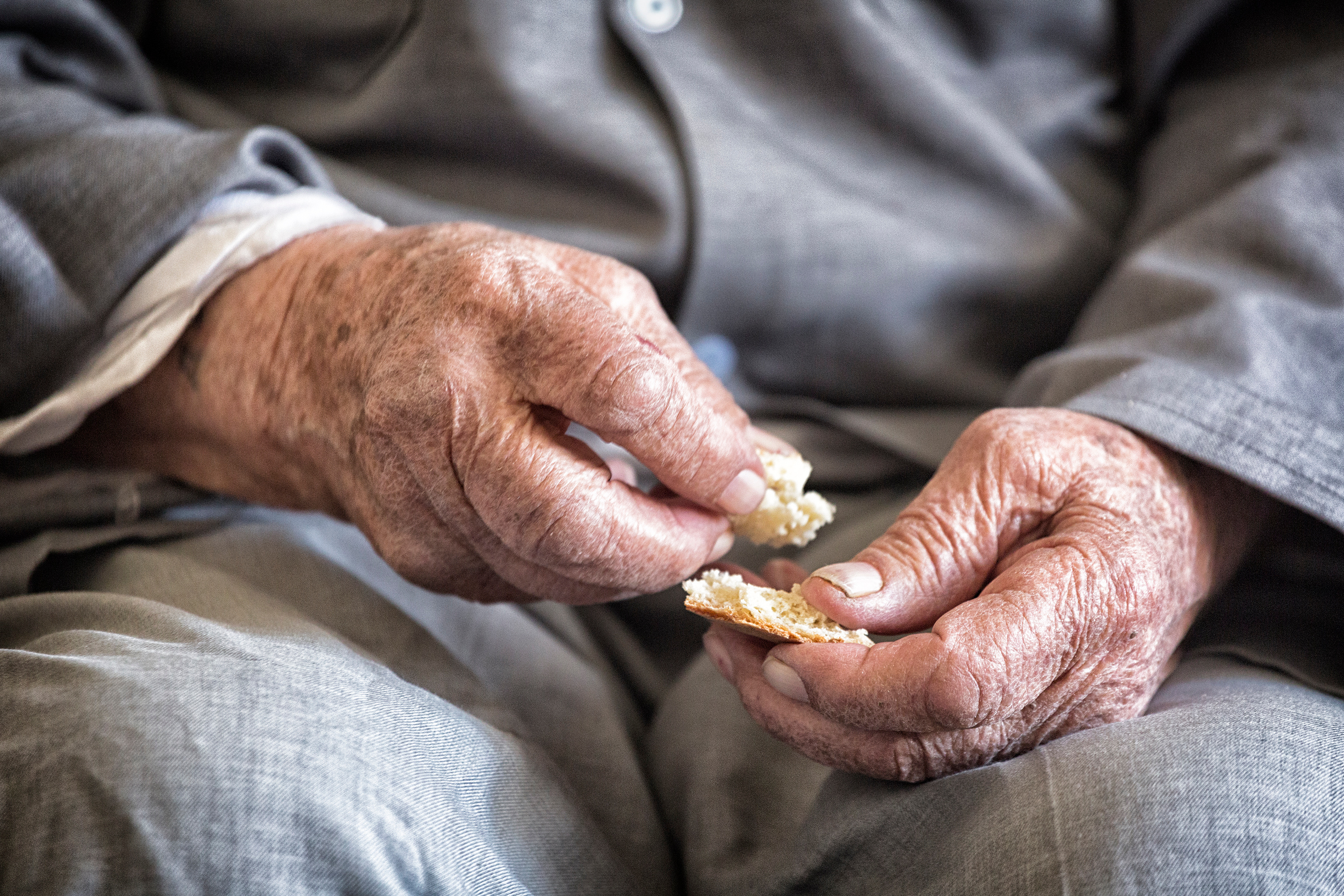Southwest Rural Health Research Center
Rural Healthy People 2030

Some of the distinctive cultural, social, economic, and geographic characteristics that define rural America place rural populations at greater risk for a myriad of diseases and health challenges. It is this recognition of the unique health challenges faced by rural America that served as the impetus for our once-a-decade Rural Healthy People publications.
These publications discuss the top twenty rural health priorities for the current decade, as chosen by the people who live and work in rural areas. You’ll discover the latest research and best practices for each priority written by leading experts in the field. Rural Healthy People 2030 is available in digital and hard copy format. See links below. You can also access the previous editions from 2020 and 2010.
Rural Healthy People publications are one-of-a-kind national resources equipping health policy planners at the federal and state levels with vital information, and empowering rural leaders and health care providers with critical tools for responding effectively to the needs of the communities they serve.
Current Center Projects
Identifying and Exploring the Settings That Nurse Practitioners and Physician Assistants Are Practicing in as Well as Trends in Specialization in These Groups
|
The Rural Elderly Population: Demographics, Economic Status,Health Status, and Insurance Enrollment
|
"Older, Sicker, Poorer": A Scoping Review of the Literature That Contributes to This Narrative on Rural Americans
|
Assessing the Clinical and Financial Impact of Community Health Workers in Rural America
|
Evaluating the Impact and Progress of the Federal Office of Rural Health Policy's Rural Public Health Workforce Training Network Program
HRSA established the Rural Public Health Workforce Training newtwork Program to expand health service capacity by supporting public health job development, training, and placement in rural adn tribal communities. In 2022, HRSA awarded over $47 million in funding through this program. This project will examine how grantees implemented the program and assess the impact of their program activities. |
Other SRHRC Programs
Texas Cancer Screening, Training, Education, and Prevention (C-STEP)
The Texas Cancer Screening, Training, Education and Prevention Program, or Texas C-STEP, conducted through the Texas A&M Health Family Care, provides free cancer screenings and certain advanced diagnostics, to uninsured, underserved, and low-income Texans.
Texas C-STEP is funded by the Cancer Prevention & Research Institute of Texas, these grants provide much needed access to cervical, breast, colorectal, and liver cancer screenings, expands access to care, and provides training opportunities for resident physicians and nursing students.
Certified community health workers provide culturally-appropriate outreach, education and navigation services for these grants.




